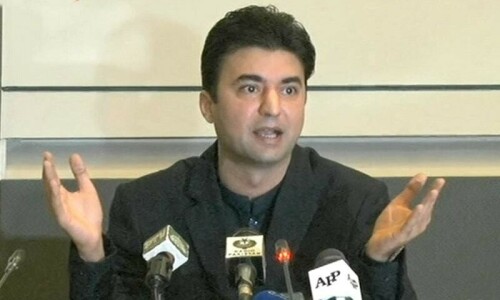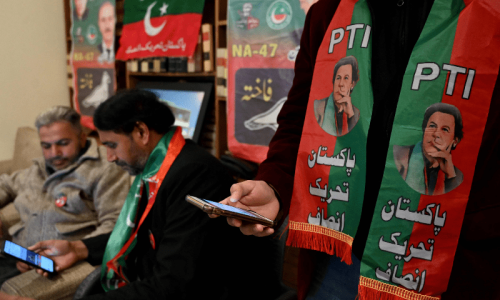
ISLAMABAD: For 29-year-old Ayesha Khan, learning to drive a car was a life-changing experience.
“Being able to drive opens up so many possibilities because you are no longer dependent on other people,” she said. Ayesha began driving her father’s car a few years back and practised with him.
“Being able to drive meant that I could even supervise the construction of my house, driving to Rawalpindi Saddar everyday to buy materials. It gave me a lot of confidence.”
Last year, she began working at a government ministry in G-5 and bought her own car to travel to work.
She has now joined the newly launched carpool service, SheKab as a driver, which has made her commute to work an income generating activity.
SheKab is a subscription based ride-sharing platform which uses intelligent clustering to connect riders with drivers and fellow commuters.
Riders sign up using the SheKab website, which also provides estimated costs. For instance, monthly pick and drop from as far as DHA and Bahria Town to F-7 or F-8 costs around Rs8,000 a month.
“I first signed up with SheKab as a rider and was impressed by their model. I could safely commute to work and sharing a cab with other women meant the cost was divided. I even made some new friends,” Ayesha said.
Masooma Zehra, a student at the National University of Sciences and Technology, has also been using SheKab since September.
“Safety is very important to my parents. If there was no safe way to travel to university, I wouldn’t be allowed to attend. In the past I would use private vans which meant I had to leave the house at 6am even if my first class wasn’t until 9am,” she explained.
For many women in Pakistan, lack of safe and affordable transport services means educational and employment aspirations remain unfulfilled.
Cultural barriers combine with inadequate transport services to ensure that many educated women are kept out of the workforce. Where services are available, they are often inconvenient and expensive.
“In some cases women spend up to 40pc of their incomes travelling to work,” said Hira Batool Rizvi, the brains behind SheKab.
Hira’s own experience of growing up in Islamabad had made her aware of the lack of safe and convenient transport services available to women and after completing a masters degree in the US, Hira began work on her idea of launching a ride-sharing platform exclusively for women.
“I began with the idea of women driving women but soon realised that in Pakistan, ideas which are too radical end up failing. Ideas such as the Pink Rickshaw sound great but never pick up because they are too in your face,” she argued.
In the hopes of bringing incremental change, Hira decided to utilise the existing taxi cab network in Islamabad and Rawalpindi.
“I felt the use of technology was already a new thing so combining it with the existing yellow cab network would make the initiative more practical,” she says.
SheKab was launched in August 2015 with a fleet of five cabs. Today, there are 43 drivers signed up with the service, eight of whom are women.
The cars driven by men are regular yellow or black cabs while women drivers use private cars.
In the future, SheKab plans to lease out cars to women drivers who can use their income from the carpool service to pay the monthly instalments.
Cab driver Hamid Raja has been working with SheKab for the last one year and says he always prefers driving women to work.
“In my experience, women are more punctual and usually go straight home after work, which makes it more convenient for the driver,” he said.
His progressive views belie his scant education and he takes pride in driving women to their workplaces.
“Women are a part of society and we can no longer have them sit at home. It is important that we make it easier for them to work by providing safe transport,” he says.
Hira explains that most drivers have leased their cabs from the Punjab government’s taxi schemes and use the income from SheKab to pay their monthly instalments.
Understanding the importance of this additional income to cab drivers, at a time when companies such as Uber and Careem pose a threat to their livelihoods, Hira hopes to continue working with regular cabs.
“Even when we achieve our original model of women driving women, we will not leave out the hardworking men who drive cabs in our city,” she says.
Published in Dawn, January 9th, 2017










































